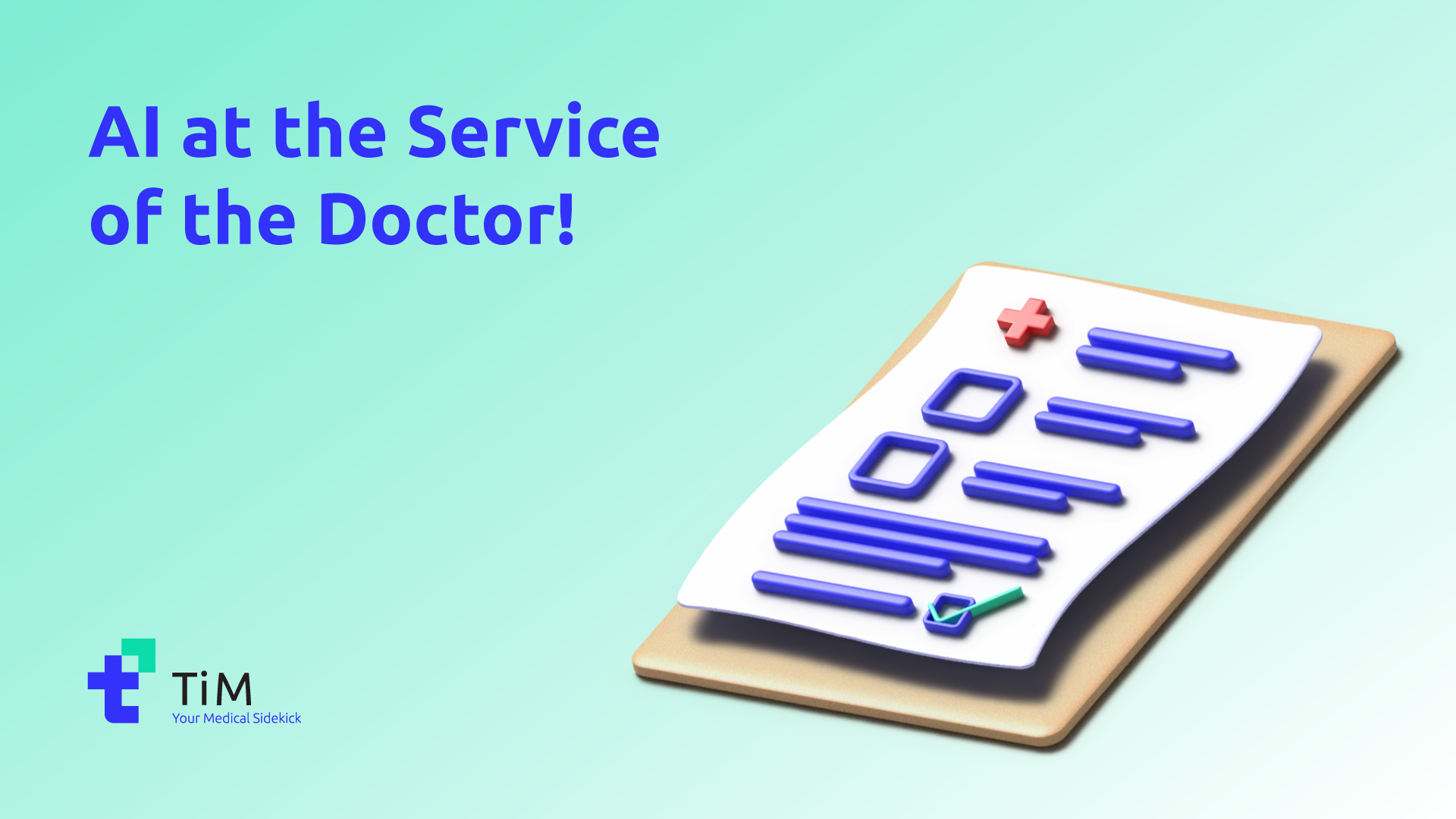
AI at the service of the doctors
Table of Contents
Introduction
Artificial Intelligence (AI) is revolutionizing healthcare, particularly in assisting doctors to provide more accurate, efficient, and personalized care. From diagnostic support to patient monitoring, AI has become an invaluable tool in modern medicine, helping to address challenges and improve outcomes in healthcare. This article explores the ways in which AI is enhancing the capabilities of doctors, streamlining operations, and ultimately elevating patient care.
AI for Enhanced Diagnostics
One of AI’s most transformative applications in medicine is in diagnostics. AI-powered systems, especially those using deep learning, are capable of analyzing medical images such as MRIs, CT scans, and X-rays with remarkable accuracy. These systems can often detect anomalies that human eyes might miss, enabling early and more accurate diagnoses for conditions like cancer, cardiovascular diseases, and neurological disorders. By reducing diagnostic errors, AI helps doctors make more informed decisions, leading to faster interventions and better patient outcomes.
Personalized Treatment Plans
AI is pivotal in developing tailored treatment plans based on individual patient data, medical history, genetic information, and the latest clinical guidelines. By analyzing vast datasets, AI can suggest the most effective treatment options for each patient. Personalized treatment plans, made possible by AI, ensure that therapies are well-suited to a patient’s unique profile, thus increasing the likelihood of successful outcomes while reducing potential side effects.
AI in Surgery Assistance
In the surgical field, AI technologies, including robotic systems, offer precision and assistance that enhance the skill of surgeons. Robotic surgical systems, guided by AI, provide real-time imaging, augmented vision, and precise instrument control, which helps reduce human error and improve the accuracy of complex procedures. These AI-assisted surgeries not only improve outcomes but also shorten recovery times and minimize complications.
Improved Patient Monitoring
AI is transforming patient monitoring, both in-hospital and remotely. With wearable devices and smart sensors, AI algorithms can track patient vitals and analyze data in real time. By identifying patterns and warning signs of health deterioration, AI enables early intervention and can alert healthcare providers before a patient’s condition worsens. This level of monitoring is particularly valuable for managing chronic illnesses and post-operative care, where constant supervision is essential.
AI for Managing Clinic Operations
AI-driven systems, such as TiM, bring efficiency to clinic management by automating routine tasks and optimizing workflows. From intelligent appointment scheduling to detailed marketing and business intelligence (BI) reports, AI-powered solutions enhance decision-making and reduce administrative burdens. This allows healthcare providers to focus more on patient care while improving the overall experience for patients and staff alike.

Speech-to-Text and Documentation
AI-powered speech-to-text tools have become indispensable for doctors who need to document patient interactions, diagnoses, and treatment plans quickly and accurately. These systems transcribe spoken words into written reports, saving time and minimizing the likelihood of transcription errors. For doctors, this means more time with patients and less time on paperwork, enhancing the quality of care.
Drug Interaction Warnings
One of AI’s practical uses in everyday healthcare is its ability to identify potential drug interactions. By analyzing patient records, prescribed medications, and known drug interactions, AI systems can provide real-time alerts about possible adverse reactions. This is especially important for patients on multiple medications, reducing the risk of dangerous drug interactions and enhancing patient safety.
AI-Assisted Diagnosis for Rare Diseases
Diagnosing rare diseases is often challenging due to the lack of available data and the rarity of symptoms. AI models trained on large datasets are proving invaluable in identifying such diseases by recognizing subtle patterns that even specialized doctors might overlook. AI-assisted rare disease diagnosis can lead to earlier identification and intervention, potentially saving lives and reducing the emotional and financial burden on patients and families.
Patient Communication and Education
AI is also helping to improve communication between doctors and patients, offering educational support through virtual assistants and chatbots. These systems can answer common questions, explain medical conditions, and provide general health advice. For patients, this accessibility can help demystify medical information, making them feel more engaged and informed about their health.
Conclusion
In conclusion, AI is an incredible asset to the medical field, augmenting doctors’ abilities rather than replacing them. From diagnostic support to personalized treatment plans, AI plays a vital role in enhancing healthcare quality, enabling more accurate decisions, and fostering efficient medical practices. While AI is not a substitute for human empathy and expertise, it complements the work of healthcare professionals, leading to better patient outcomes and a more advanced, accessible healthcare system.

